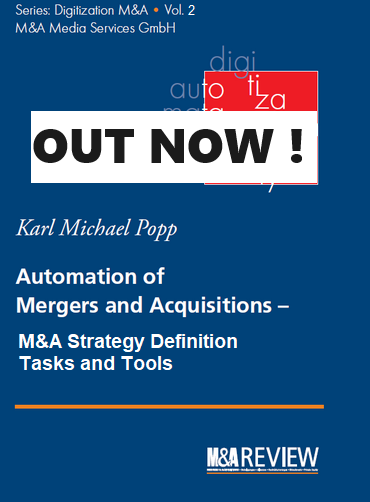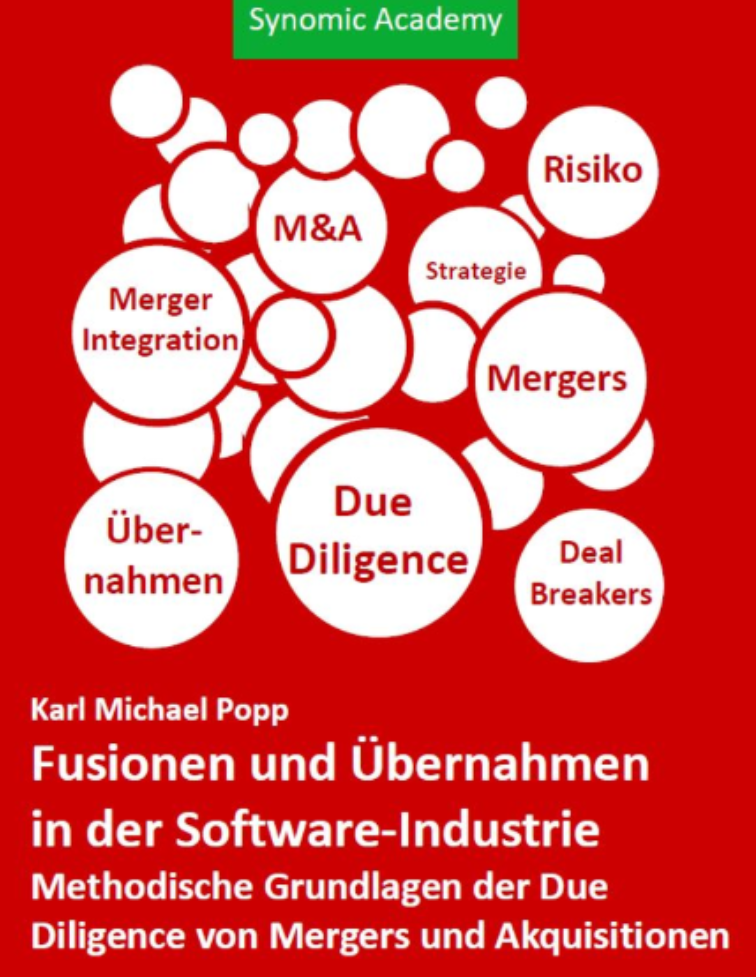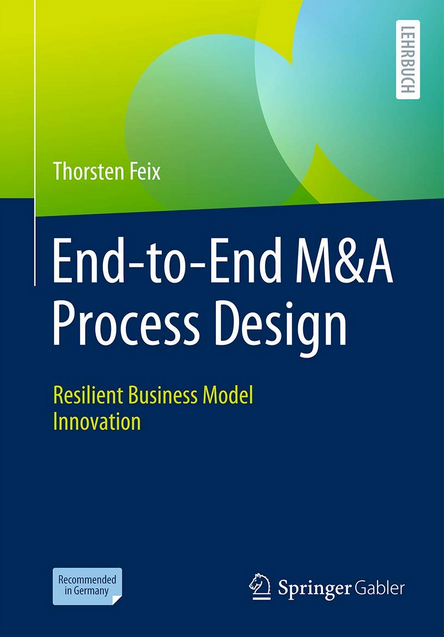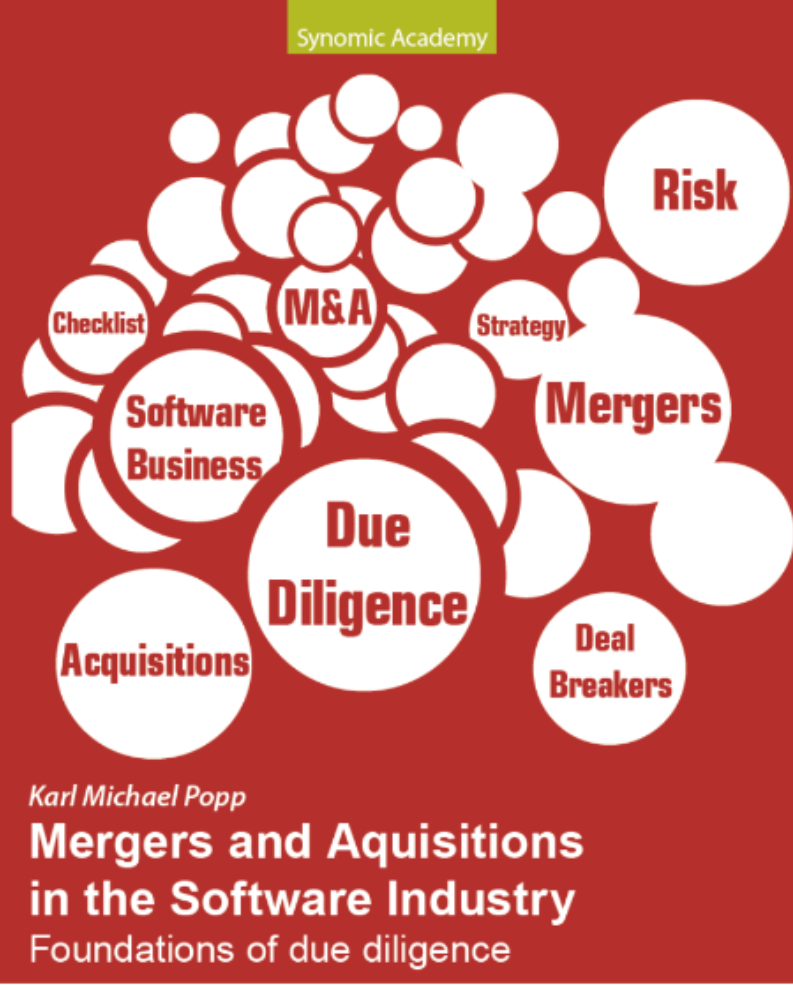Tax Due-Diligence
Why a task definition?
To enable digitization, we have to define tasks in the M&A process in detail. We use goals and objectives, a description of the task and data objects used by the task. In addition, we list questions used during execution of the tasks to provide more context. In addition we can have a look at the automatability of the task and the automation in practice. That will show us the automation potential we have today. More details will be published in my new book “Foundations of digitization for M&A processes: The Due Diligence Phase“.
The task has the following goals:
Tax aspects of the target: analyzed
Draft tax integration plan: prepared
Tax effect of the financing concept: analysed
Tax clause in acquisition agreement: prepared
The task has the following objectives:
Risk: minimized
Quality: maximized
Information asymmetry: minimized
Digitization capability
This task can be partially automated. Although data could be extracted from existing ERP solutions, documents are placed in the data room and no automated analysis of tax information is performed.
Task description
Within tax due diligence, we check hypotheses about all tax-relevant transactions of all companies of the target in all countries. This audit is usually carried out by external lawyers and auditors. Besides the examination of tax aspects, such as corporate income tax and trade tax, tax risks are also considered. The result of the tax audit is used to design the tax clause in the acquisition contract. Furthermore, the acquisition financing is analysed and designed with regard to its tax effects. Any actions to be planned with regard to tax aspects are recorded in the draft tax integration plan.
The task works on the following data object types, among others:
Results of the tax due diligence of the target, draft tax integration plan, target company, tax aspects of the target, legal aspect of the target taxes, tax aspects, tax aspects of the target, tax risk of the target, tax clause in the acquisition contract, taxation of the acquisition project Tax effect of the financing concept, tax aspect of the target IT service contract, tax aspect of the application contract of the target, tax aspect of the target hardware contract, tax aspect of the termination contract of the target, tax aspect of the employment contract of external employees of the target Tax aspect of a target patent license, tax aspect of target social security, tax aspect of target IP assignment.
Questions concerning the execution of the task
The task is performed with the following questions, among others:
Does a tax planning exist?
Were the tax returns submitted correctly and on time?
Does the target company have tax advantages? Will they be affected by this transaction?
What do the seller's annual, quarterly and (if available) monthly financial statements for at least the last three years tell us about its financial performance and condition?
Are the seller's financial statements audited, and if so, for how long? Does the audit report contain a "going concern" qualification?
Do the financial statements and related notes list all the seller's liabilities, both current and contingent?
Are there internal controls for financial reporting issues?
Are the company's revenues and margins growing or declining?
Are the vendor's financial projections for the future and underlying assumptions reasonable and realistic?
How do the vendor's projections for the current year compare with the budget approved by management for the same period?
What normalized working capital will be required to continue as a going concern?
This is an excerpt of my new book “Automation of Mergers and Acquisitions“.







